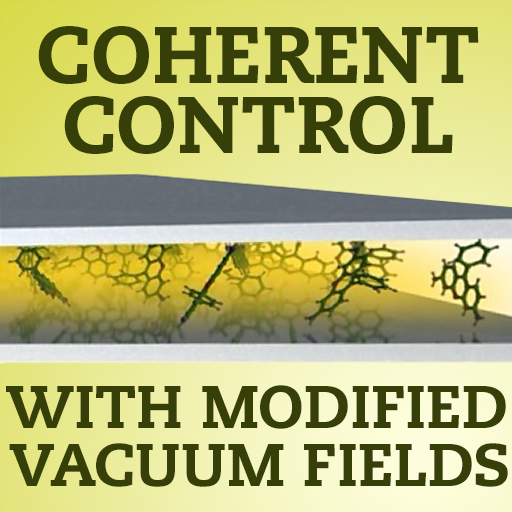Speaker
Description
Polaritonics has demonstrated remarkable capabilities, including the non-intrusive control over chemical reactivity and solvation dynamics.
Our understanding of the underlying microscopic mechanism is limited, at best, largely caused by a lack of predictive theory that is able to connect to experimental observables. Here, I will present our recent attempts in overcoming this challenge using ab initio QED [1] and machine learning [2,3].
We will briefly discuss the question to which extend electronic polarization might play an underappreciated role and how this could be connected to changes in solvation [4]. The talk will close with an outlook towards new direction in chiral polaritonics [5,6] and plasmonic catalysis [7].
[1] C. Schäfer, J. Flick, E. Ronca, P. Narang, and A. Rubio, Nature Communications, (2022) 13:7817.
[2] C. Schäfer, J. Fojt, E. Lindgren, and P. Erhart, J. Am. Chem. Soc. 2024, 146, 8, 5402–5413.
[3] C. Schäfer, Phys. Chem. Lett. 2022, 13, 30, 6905-6911.
[4] M. Castagnola, T. Haugland, E. Ronca, H. Koch, C. Schäfer, J. Phys. Chem. Lett. 2024, 15, 5, 1428–1434.
[5] C. Schäfer, D. Baranov, J. Phys. Chem. Lett. 2023, 14, 15, 3777-3784.
[6] D. Baranov, C. Schäfer, M. Gorkunov, ACS Photonics 2023, 10, 8, 2440-2455.
[7] J. Fojt, P. Erhart, C. Schäfer, to be submitted.

